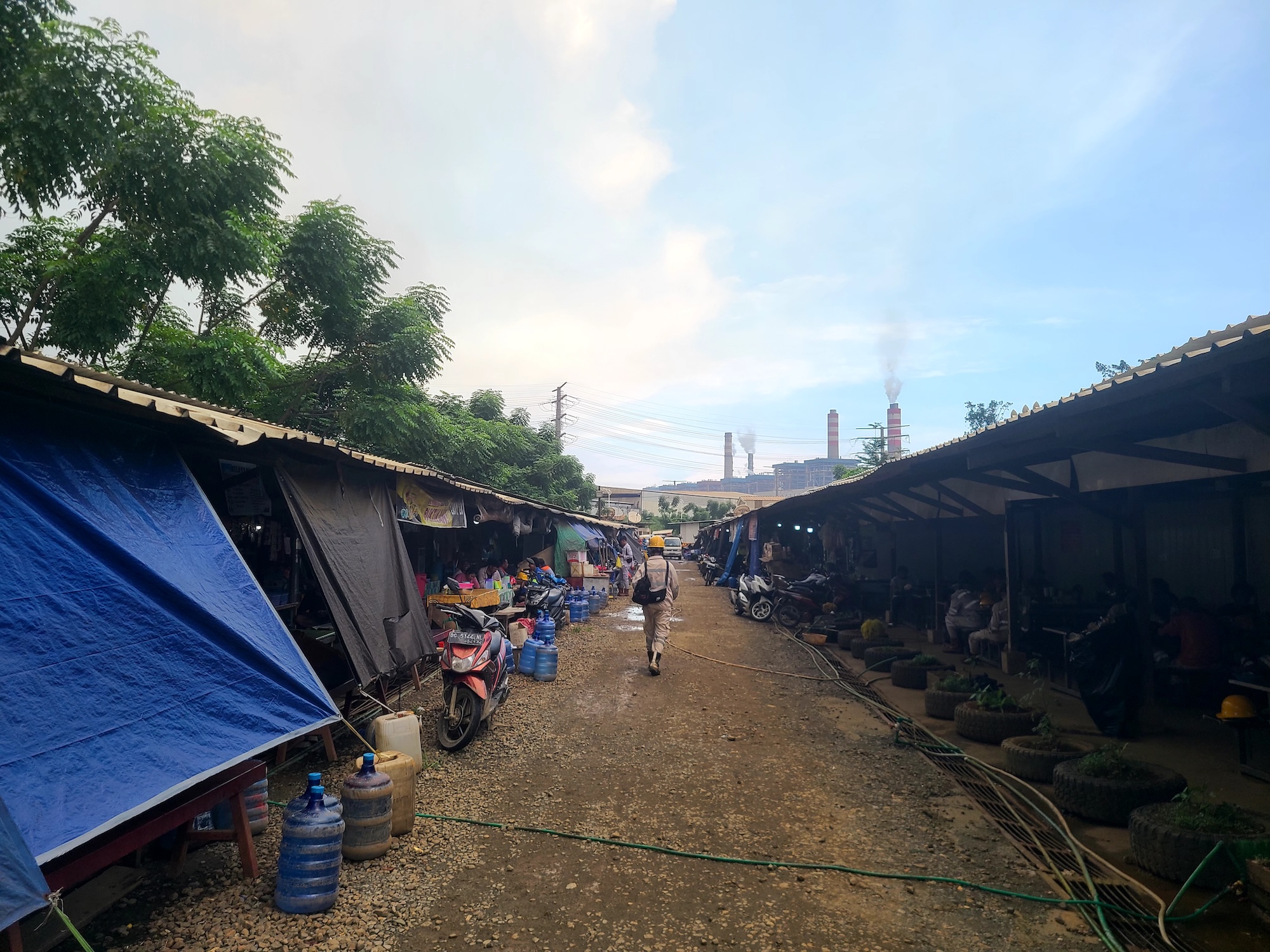- cross-posted to:
- electricvehicles@slrpnk.net
- cross-posted to:
- electricvehicles@slrpnk.net
Driven by economic and social pressures, tens of thousands of workers from China, mostly middle-aged men, are employed in eastern Indonesia’s nickel industry, which has sprung up in the last decade. Just as critical minerals crisscross the globe before they’re incorporated into cutting-edge products, so too do some of the people who make the world’s green dreams a reality.
Over seven months, Grist spoke to more than a dozen of these Chinese workers and their family members, as well as Indonesian labor leaders who have negotiated factory conditions with top Chinese executives.
We’ve found that, even following fatal accidents at the smelters, efforts to improve working conditions have been slow, hindered by a lack of oversight from companies, governments, and international labor groups that were dependent on U.S. funding terminated by the Trump administration. We also obtained an internal company review of a nickel smelter expansion that shows facilities are likely spreading pollution and illness well beyond factory walls. Despite the challenges, new nickel processing plants continue to emerge in Indonesia and hire from China.
Before joining Indonesia’s nickel rush, most of these Chinese men had spent almost all their lives in their home country, working in declining steel factories. Like Wong, they had never before owned a passport or boarded a flight. Their leap into the nickel refining industry has helped create entire towns on remote islands in Indonesia, and it’s made them an unlikely backbone of the world’s green energy transition.


